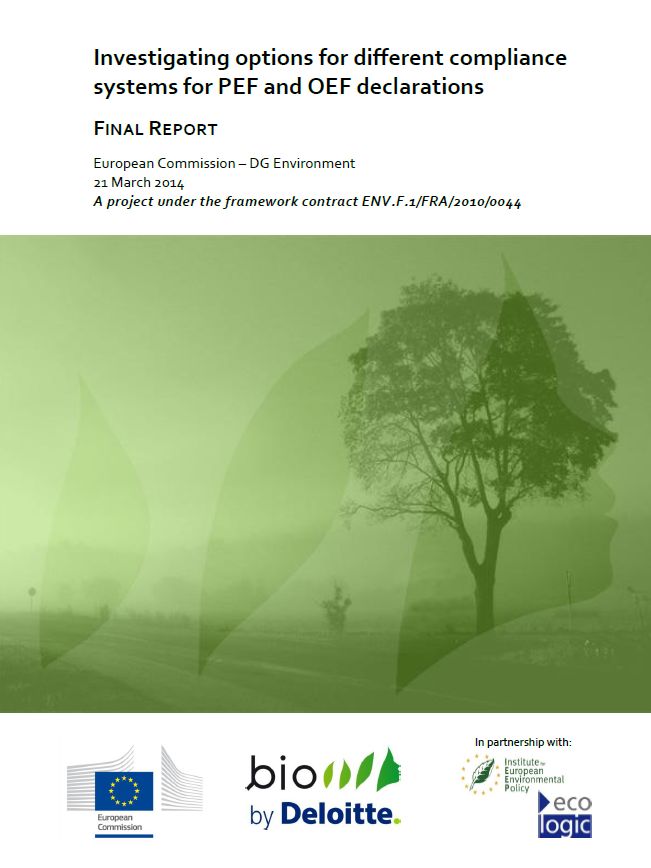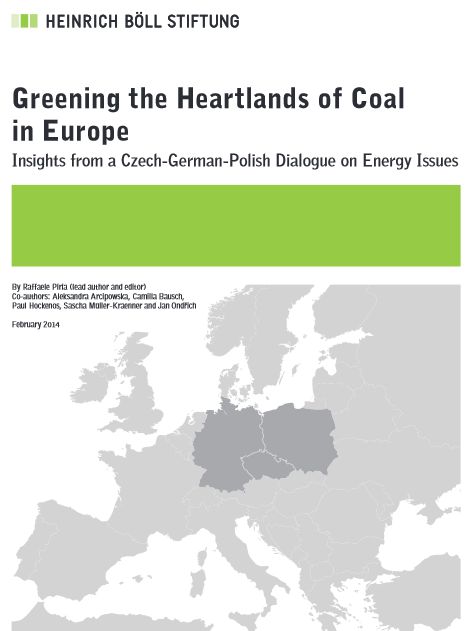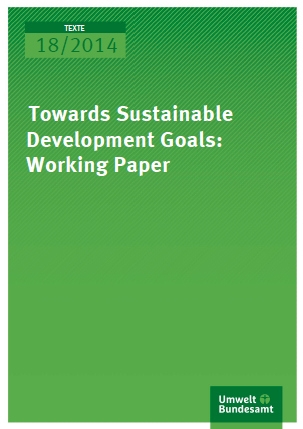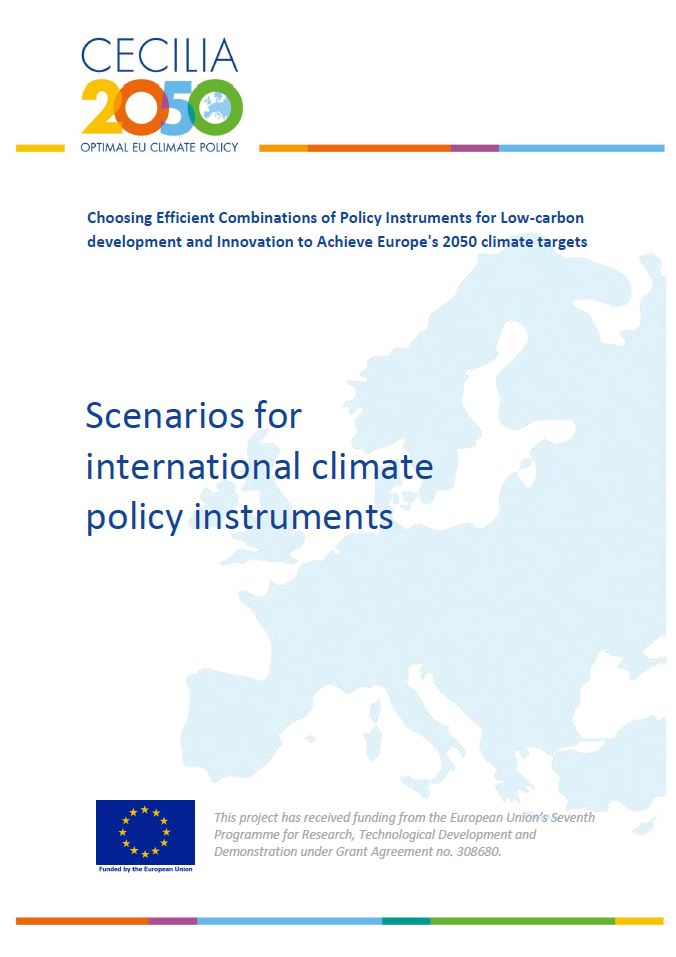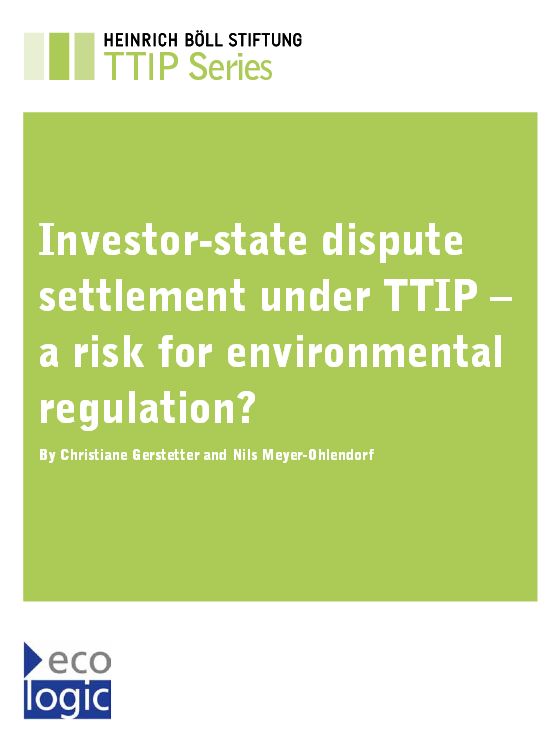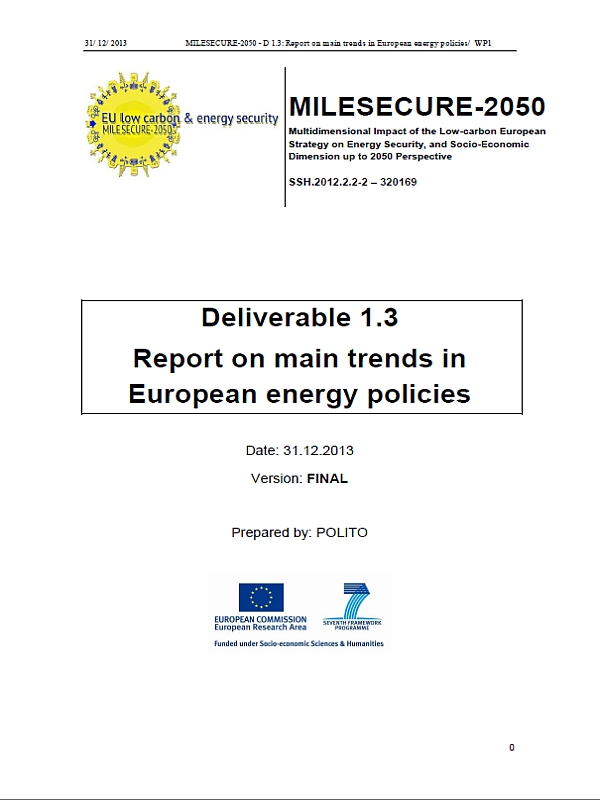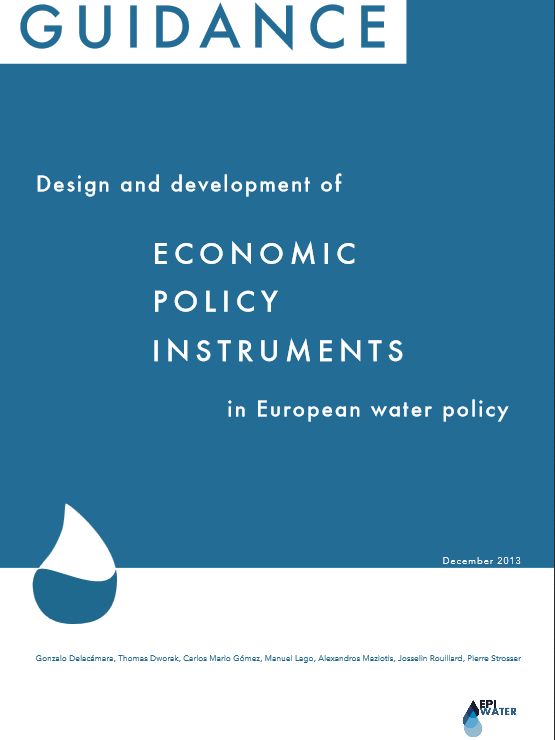Publication:Report
Publication:Report
Publication:Report
Gap Analysis Report
Preparatory Action, Strategic Environmental Impact Assessment of Development of the Arctic
Year
Read morePublication:Report
Publication:Report
KüstenKlima
Klimaschutz und Klimaanpassung an der deutschen Küste – Handlungsmöglichkeiten durch räumliche Planung und Küstenmanagement
Year
Read morePublication:Report
Greening the Heartlands of Coal in Europe
Insights from a Czech-German-Polish Dialogue on Energy Issues
Year
Read morePublication:Report
Publication:Report
Publication:Report
Publication:Report
Purchase Channels for German Installation Operators in EU Emissions Trading
Evaluation of a Survey among all Operators of German Installations on their Purchase Strategies in the Second and Third Trading Period
Year
Read morePublication:Report
Publication:Report
Publication:Report
Publication:Report
Publication:Report
